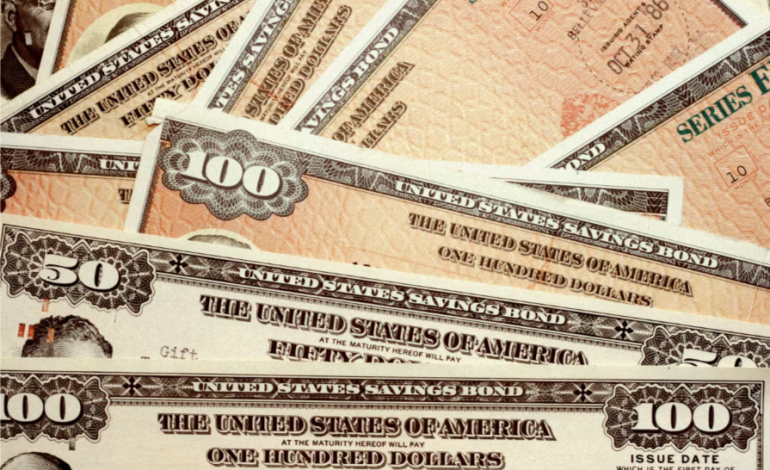US Treasury yields edged lower on Monday as investors responded to an unexpected move from the White House to temporarily exempt certain goods from recently imposed tariffs.
The decision, announced late Friday, sparked a wave of cautious optimism but did little to ease broader concerns about volatility in the bond market.
As of 4:41 a.m. ET, the benchmark 10-year Treasury yield had fallen by more than 2 basis points to 4.463%, while the 2-year Treasury yield dipped to 3.926%, also down over 2 basis points. Yields move inversely to prices, and a basis point represents 0.01%.
The easing in yields followed a turbulent week in which the 10-year yield surged more than 50 basis points—one of the largest weekly increases on record. The bond market has been on edge, with concerns swirling around the possibility that foreign holders of US Treasurys, particularly Japan and China, may reduce their positions. While there is no direct evidence of a mass sell-off, the perception alone has been enough to rattle investors.
“Markets are very confidence-driven. Even the perception that foreign investors are trying to step away from Treasury markets can trigger pretty significant panic,” said Gennadiy Goldberg, head of US rates strategy at TD Securities.
The sudden announcement of tariff exemptions offered some relief. Products including smartphones, computers, semiconductors, and related components were excluded from reciprocal tariffs. The White House said the exemptions were designed to give US companies time to relocate manufacturing operations. However, President Donald Trump emphasized that the exemptions are temporary.
The announcement came after a steep market sell-off following Trump’s initial tariff strategy, unveiled on April 2. The S&P 500 fell by over 10% in the two days following the announcement, marking its steepest two-day point loss since 2007. The bond market also reacted, with the 10-year yield jumping from 4.009% to nearly 4.6% within days, reaching levels not seen since February.
Though equities rebounded after the exemption news, bond yields remained elevated, underscoring ongoing investor caution. A key concern is that rising yields could push up borrowing costs across the economy, including in the mortgage market. For example, a 30-year fixed mortgage rate rose from 6.6% to 7.1% in a single week, raising monthly payments significantly.
This volatility underscores the influence of foreign capital on the US economy. Japan and China remain the largest foreign holders of Treasury debt, with over $1.7 trillion combined. If either country accelerates its divestment, it could have far-reaching implications not just for government borrowing, but also for housing, corporate lending, and municipal finance.
Adding to the uncertainty is a quiet economic calendar this week, with few major data releases until Wednesday’s retail sales report. Markets are also awaiting a speech from Federal Reserve Chairman Jerome Powell for signals about future monetary policy.
Meanwhile, concerns persist about whether the US remains a reliable investment destination. The dollar has been weakening, and while alternatives like the euro and yen face their own challenges, even a marginal shift away from US assets could raise borrowing costs and affect inflation.
CNBC, the Street, and the Wall Street Journal contributed to this report.










The latest news in your social feeds
Subscribe to our social media platforms to stay tuned